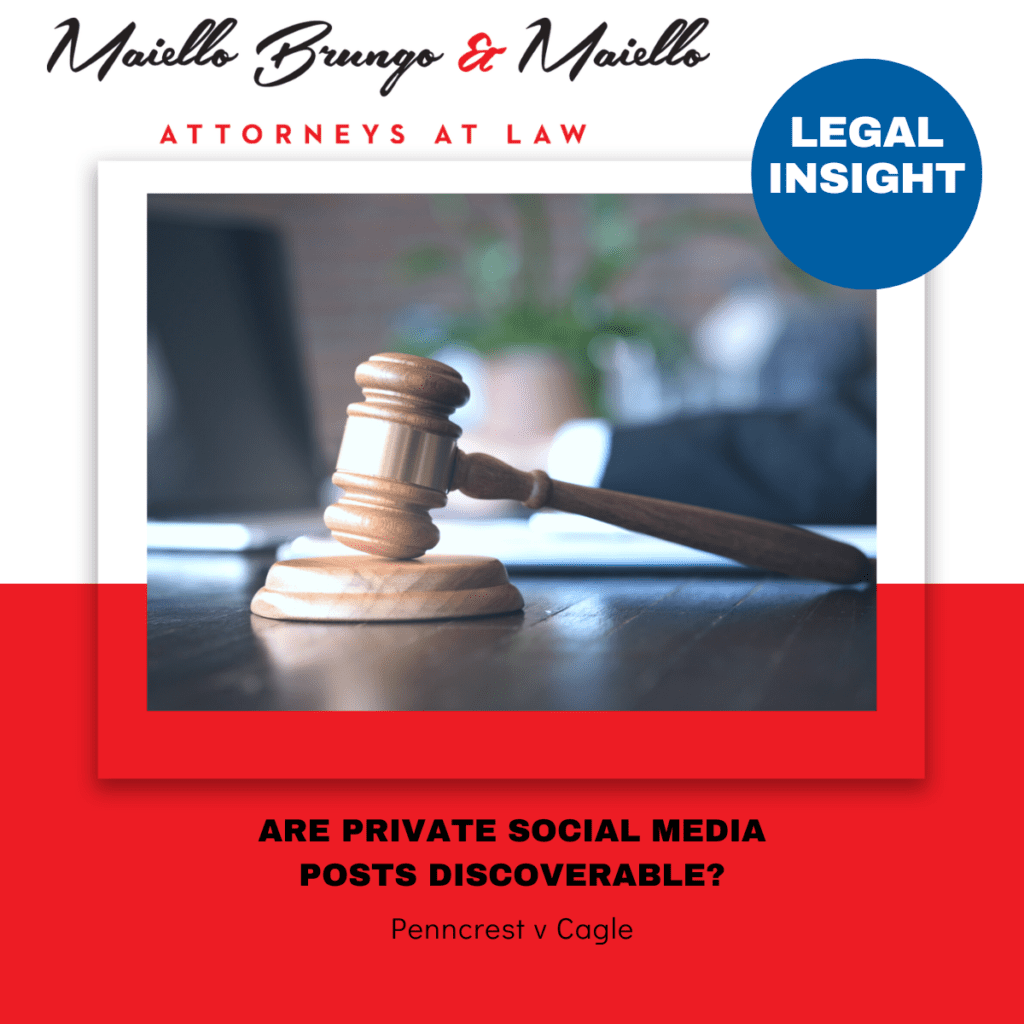After a long period of unclarity regarding whether or not a Facebook or other similar social media page constitutes a “public record” that is discoverable under the Pennsylvania Right-To-Know-Law, the Commonwealth Court has finally outlined factors that are to be used in analyzing right-to-know requests on a case-by-case basis. This is the first guidance of its kind and serves to establish a framework for analyzing all the increasingly popular requests for disclosure of social media posts of board members and public employees.
If you have questions about how this decision affects your school district, contact the experienced attorneys of MBM Law.
Contact Our Municipal Law Team
Penncrest School District’s Right-To-Know Request
In May 2021, Penncrest School District displayed books addressing LGBTQ+ issues in their library in anticipation of Pride month. The books were photographed, and publicly posted on a private Facebook page. A member of the Penncrest School Board proceeded to publicly share the original post on their own personal account with additional comments, and the President of the Board shared the post without comment.
In June, Cagle requested Facebook posts and comments “related to homosexuality and Penncrest School District, its officials, employees, or students, or its curriculum, physical resources, or electronic resources, between January 1, 2021, through June 13, 2021, including posts or comments removed.”
Nonexclusive Factors Outlined by the Commonwealth Court
In determining whether a public record was created by the resharing of the post, the Commonwealth Court outlined three nonexclusive factors to be used to determine the foundational question of whether a school board member’s social media post is an agency record:
- The social media account itself must be examined for the following: private or public status, if it has the trappings of an official agency account, and if a board member has a duty to operate the account or whether the public office itself is required to run the account.
- The posts themselves should be considered as to whether they prove, support, or evidence a transaction or activity of an agency.
- An examination is to be made as to whether a board member acted in “official capacity.”
They additionally expressed that it was not determinative if social media posts were on a public or private account, and that a board member expressing views about the board business in a social media did not automatically create a public record.
Contact an Education Lawyer at MBM Law
Right-To-Know Law Case-by-Case Analysis
What we are left with now is a useful framework to analyze similar situations in the future. Things such as the trappings of an official agency account and if a board member has a duty to operate the account will make a post more likely to be considered a record, whereas posts that do not evidence a transaction or activity of an agency or posts that are made while the board member is not acting in their official capacity will be less likely to be found a record.
The Penncrest Framework in Action
The Commonwealth Court has confirmed the usage of the Penncrest framework recently in Wyoming Borough v. Robert Boyer, 2023 WL 4470466 (Commw. Ct. 2023). Where an individual requested the list and contact information of page administrators and editors; all comments which were made, removed or blocked; all electronics messages; and other information, the Court remanded and emphasized that to determine whether or not the social media posts of school board members were records pursuant to the Right-to-Know law, they must apply the framework that they had promulgated in Penncrest.
Seek Legal Guidance for Right-To-Know Requests
Practically speaking, due to the multiple factors that must be accounted for, this case-by-case analysis can come out differently even in what would appear to be very similar factual scenarios. We recommend that any questions that one has about Right-To-Know requests be directed towards your solicitor if one has any doubt about their response.
The Education and Municipal Law team at Maiello, Brungo & Maiello has extensive experience in dealing with all facets of the Right-To-Know-Law and is always available to provide practical guidance and sound legal advice. Call us today to discuss the education law questions you may have.


